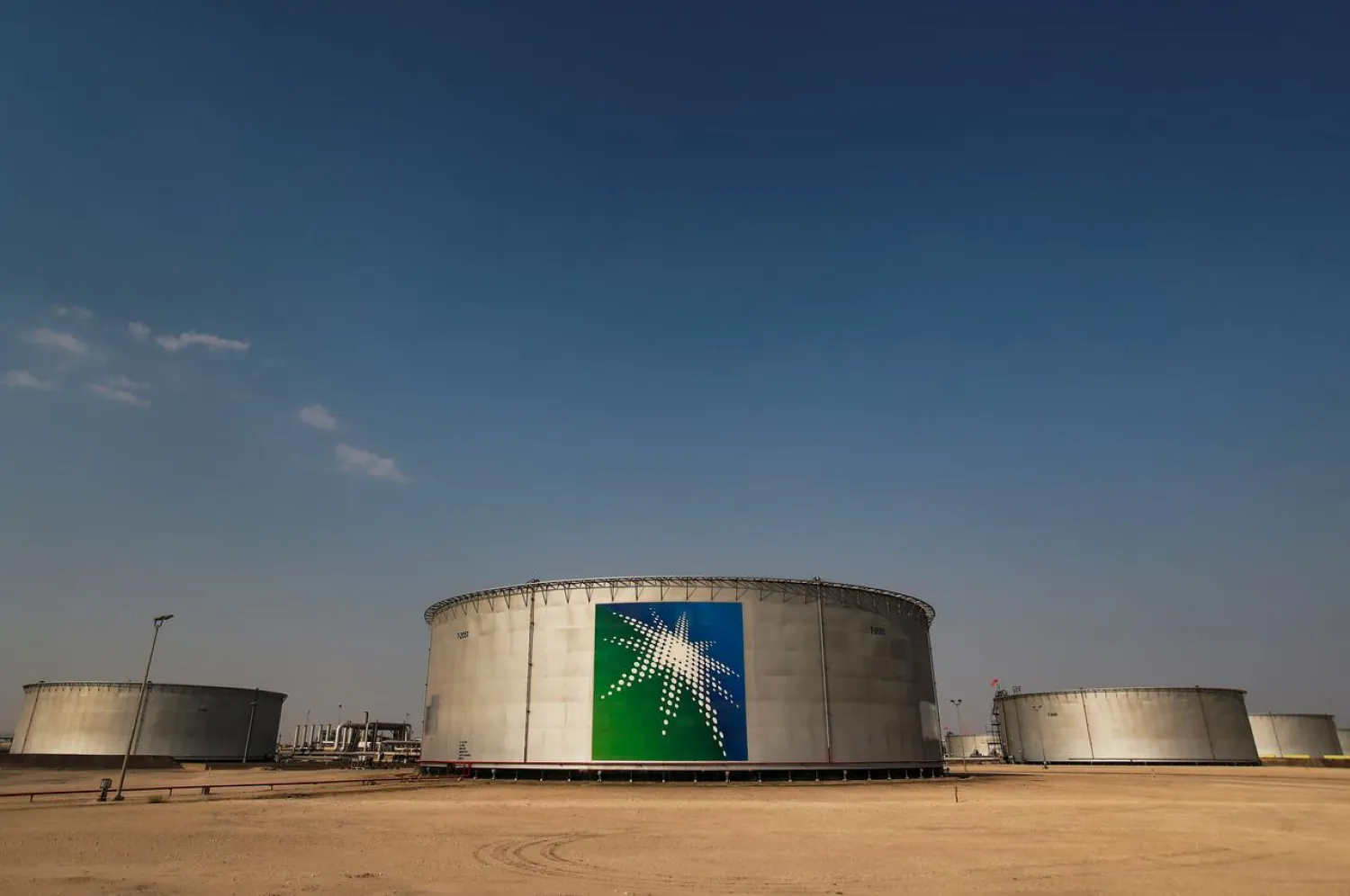The first day of the Future Investment Initiative (FII), currently held in Riyadh, witnessed the signing of 23 agreements worth a total of $15 billion by foreign and Saudi companies.
The Saudi Arabian General Investment Authority (SAGIA) said in a statement on Wednesday that one of the aims of the FII was to attract foreign investment to the Kingdom, adding that companies from all continents have signed agreements to invest in an array of fields.
Saudi Aramco announced its intention to establish the Jazan Power Joint Venture. The JV will be 46 percent owned by Air Products, 25 percent by ACWA Power, 20 percent by Saudi Aramco and 9 percent by Air Products Qudra.
In addition, the Company signed seven MoUs at the FII in Riyadh on Tuesday, including a collaboration MoU worth $1 billion with Tubacex Group, to invest in pipe weld overlay and cladding services manufacturing facilities in the Kingdom.
Another MoU was signed between Saudi Aramco and Baker Hughes to collaborate on artificial intelligence and digital transformation, worth $230 million.
Aramco Senior Vice President of Technical Services, Ahmad A. Al Saadi, reaffirmed the Company’s position, saying: “Saudi Aramco aims to promote business investment opportunities through technology across the Kingdom’s energy services sector ecosystem. The agreements signed today support the Kingdom’s plans to develop industrial zones, create jobs and attract foreign direct investment, as well as drive economic diversification.”
The statement by Aramco noted that the MoUs “represent new collaborations with companies from six countries. These include France, Norway, New Zealand, South Korea, Spain and the United States.”
“The MoUs are intended to support Saudi Aramco’s operations and Saudi Arabia’s economic diversification strategy by increasing the efficiency of technology used in upstream, downstream and engineering services. In the long term, these agreements aim to help improve sustainability and technological efficiency throughout the value chain,” the statement added.










